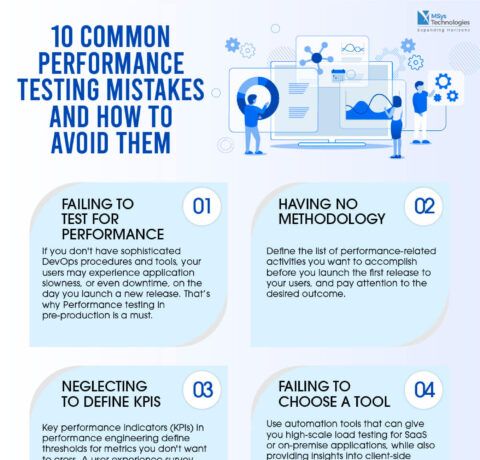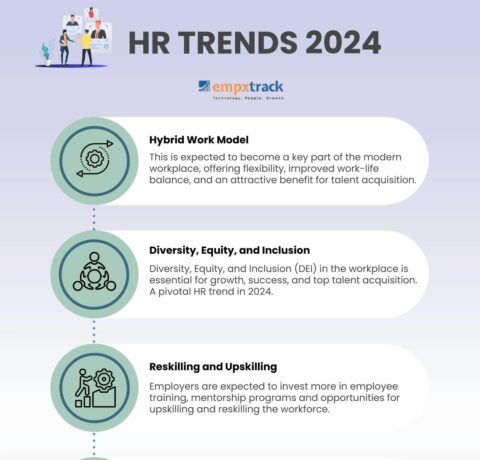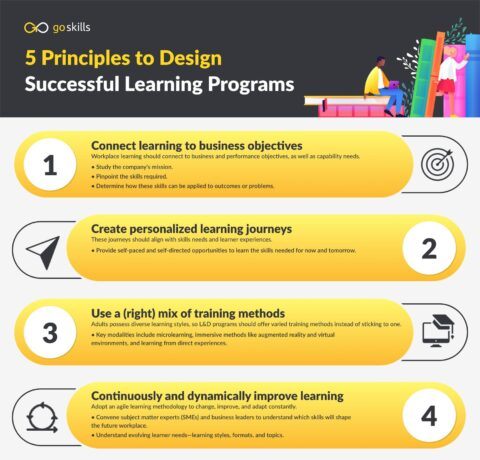The Artificial Intelligence Maturity Index Infographic
Infosys, a global leader in consulting, technology, and next-generation services, has released multinational research findings on artificial intelligence (AI) business impact, market maturity and expectations. The research report, Amplifying Human Potential: Towards Purposeful Artificial Intelligence, polled 1,600 senior business decision makers at large organizations across the world.
The report revealed a clear link between an organization’s revenue growth and its AI maturity: Organizations who report faster growth in revenue over the past three years were also more likely to be further ahead when it comes to AI maturity. AI is perceived as a long-term strategic priority for innovation, with 76 percent of the respondents citing AI as fundamental to the success of their organization’s strategy, and 64 percent believing that their organization’s future growth is dependent on large-scale AI adoption. While there are ethical and job related concerns – 62 percent believe that stringent ethical standards are needed to ensure the success of AI – most respondents seem optimistic about redeploying displaced employees with higher value work. The majority, 85 percent, plan to train employees about the benefits and use of AI, and 80 percent of companies replacing roles with AI technologies will retrain or redeploy displaced employees.
In 80 percent of cases where companies are replacing roles with AI, organizations are redeploying or retraining staff to retain them in the business. Furthermore, 53 percent are specifically investing in skills development. Organizations that have fewer AI related skills are more likely to re-deploy workers impacted by AI adoption, whereas those with more AI-related skills are more likely to re-train employees, according to the study. The leading industries that plan to retain and retrain their workers are: fast-moving consumer goods (94 percent); aerospace and automotive (87 percent); energy, oil and gas (80 percent); and pharmaceutical and life sciences (78 percent). The research reveals AI will cause greater investment in workforces, specifically China (95 percent), France (90 percent), Germany (89 percent), the UK (82 percent), and the US (76 percent).







You can adjust your cookie preferences here.